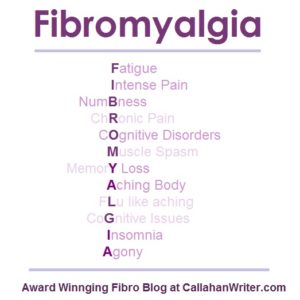Signs and Symptoms of Fibromyalgia:
Fibromyalgia is a physical disorder, not a psychological condition. The most common constellation of Fibromyalgia symptoms (widespread chronic muscle pain, sleeplessness, relentless fatigue, cognitive dysfunction, and a host of other overlapping conditions like TMJD, IBS, migraine, interstitial cystitis, metabolic syndrome, endometriosis, and vulvodynia) can wax and wane over time.
Symptoms include:
- Tenderness to touch or pressure affecting muscles and sometimes joints or even the skin
- Severe fatigue
- Sleep problems (waking up unrefreshed)
- Problems with memory or thinking clearly
Some patients also may have:
- Depression or anxiety
- Migraine or tension headaches
- Digestive problems: irritable bowel syndrome (commonly called IBS) or gastroesophageal reflux disease (often referred to as GERD)
- Irritable or overactive bladder
- Pelvic pain
- Temporomandibular disorder – often called TMJ (a set of symptoms including face or jaw pain, jaw clicking, and ringing in the ears)
How Fibromyalgia is diagnosed:
A doctor will suspect fibromyalgia based on your symptoms. Doctors may require that you have tenderness to pressure or tender points at a specific number of certain spots before saying you have fibromyalgia, but they are not required to make the diagnosis (see the Box). A physical exam can be helpful to detect tenderness and to exclude other causes of muscle pain. There are no diagnostic tests (such as X-rays or blood tests) for this problem. Yet, you may need tests to rule out another health problem that can be confused with fibromyalgia.
Because widespread body pain is the main feature of fibromyalgia, health care providers will ask you to describe your pain. This may help tell the difference between fibromyalgia and other diseases with similar symptoms. Other conditions such as hypothyroidism (underactive thyroid gland) and polymyalgia rheumatica sometimes mimic fibromyalgia. Blood tests can tell if you have either of these problems. Sometimes, fibromyalgia is confused with rheumatoid arthritis or lupus. But, again, there is a difference in the symptoms, physical findings and blood tests that will help your health care provider detect these health problems. Unlike fibromyalgia, these rheumatic diseases cause inflammation in the joints and tissues.


